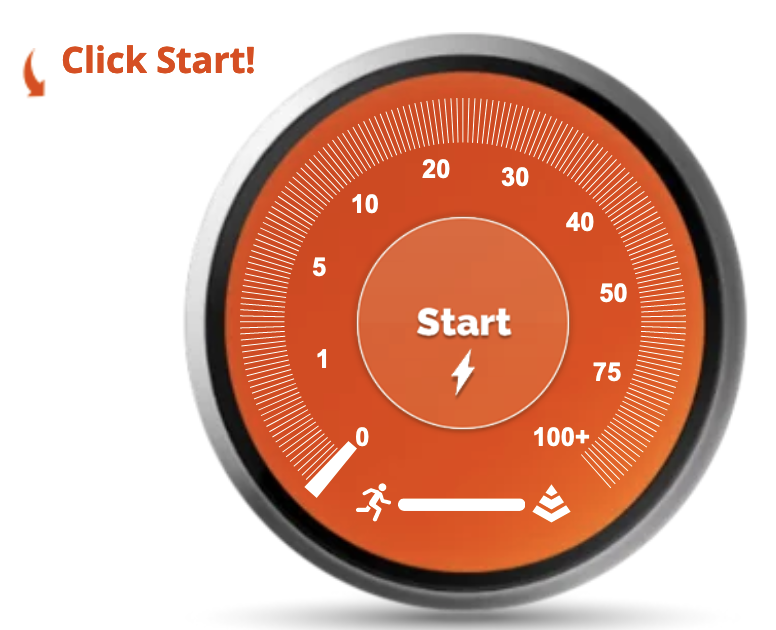Speed Test
You can get the fastest possible internet speeds by connecting your computer to your data wall jack or router with an Ethernet cable.
When you connect using Wi-Fi, you won't reach maximum internet speeds but you can expect faster speeds than you would with other types of wireless access. Your real-world speeds depend on a variety of factors that affect your internet, including the equipment you have (such as device age/models, locations of equipment relative to your Wi-Fi devices) and the 802.11 version your device uses. To ensure you're getting the best Wi-Fi speeds possible, please visit our Improve Your Wi-Fi Speeds page.
You can click on the image above to run a speed test to check the speed and performance of your internet connection.
Be aware that running speed tests on different sites typically gives different results. The most common reason for the variance is simply because different tests are not run the same. Some measure how long it takes to process multiple data chunks, while simultaneously working to stuff the pipe full of data throughout the test. Others may run ‘parallel connections’. Outside of the tests themselves, these factors also negatively impact a speed test:
You might have an artificially slow connection to whatever server(s) the test is using.
Your ISP might be prioritizing or throttling your performance, depending on how the test operates.
Your browser, packed with add-ons and extensions, might be interfering with a specific test.
You’re running tests at different times and misinterpreting a ‘poor’ internet connection for what’s actually network congestion. Internet speeds are typically slower during ‘internet rush hour’ but fine during off-peak hours.
The best way to get a full picture of your internet speed is to run multiple tests. Try running a test:
Over multiple connections - Running a speed test over Wi-Fi, which is a weaker connection since it’s being transmitted through the air, will yield different results than running a test over an Ethernet cable.
With only one or multiple devices - The number of devices connected to your network will affect your speeds. Run a test with a single device connected to the network and run another test with multiple devices connected to the network.
At different times of the day - Internet speeds fluctuate during the day as the volume of users increases and decreases. During peak hours your internet speed will be slower.
In different rooms - The strength of your wireless signal will weaken as you get further away from your router. Try running a speed test in the same room as your router and in others further away to see if, and by how much, results vary.
While doing different activities - Running a speed test while performing different activities (such as listening to music vs. streaming a TV show vs. playing an online game) can help you pinpoint if the slower speeds are content related.

